by BARNIE CHOUDHURY
Former BBC journalist
LET’S make one thing absolutely crystal clear. I am proud to be British. No ifs, no buts. The UK is the place I call home, and I have withdrawal symptoms if I am away from this green and pleasant land for more than seven nights.
Don’t ever question my patriotism. I was one step away from joining the British army as an officer. I write this so you can be in no doubt that what I am about to write should, and will, never negate my love for my country.
I make my rebuttals and protestations right at the top because the likes of Lord Tebbit always try to simplify identity to one test: which team would I support if India played England at cricket? It is now time to bowl out this stupid trial, whose premise is based on a sticky wicket to begin with.
It matters not a jot which team I would support. Sport, no matter how much we extend the metaphor, is not the way we live life. Sport is sport and whichever team we support is not a test of our loyalty to our country. It is akin to those examiners who, in a GCSE English paper, asked students to analyse one of my BBC online pieces to find out what I meant to say. The only person who knows what I meant to say is me.
Likewise, my feelings, thoughts and actions are mine. How I behave shows how I think. It goes to the heart of my values and whether I am a fit human being. But we Asians have, since the time we were subjugated, and that goes back to before Alexander the Great, always had to prove ourselves, our allegiance and our worth.
It is now time to stop this errant nonsense. Think about it. Do white English people who have made Spain their home face this amount of scrutiny? Isn’t it natural that they would probably support England rather than Spain? And wouldn’t they try to influence their children to do the same? It goes to the heart of how some in British society see us, and how we see ourselves.
That’s why someone as talented as Anita Rani is asked to justify why she can do programmes about Hollywood rather than Bollywood. That’s why tried and tested politicians such as Sajid Javid and Sadiq Khan will always have a question mark about whether they can lead a majority white political party. And that’s why we will always need inspirational events such as the Eastern Eye ACTAs (Arts, Culture and Theatre Awards) which took place last Friday (21).
It was when my daughter, born and bred in England, turned to me and said how proud she was to be Asian that brought a lump to my throat. The comment and my visceral reaction were unforeseen, unintentional and unusual.
I’m rather ashamed to say that up until that point I didn’t understand how important my Asian heritage is to me. I just accept it and don’t think about it. It is part of me. Something I have spent a lifetime reporting, championing and yet, strangely, not appreciating or savouring. Our shared background and accounts of life cement us in ways non-Asians will never quite comprehend.
Take, for example, when ACTA winners thanked their parents. The Bodyguard star, Ash Tandon, spoke about how his parents backed his decision to give up medicine in pursuit of his true vocation and happiness. This story has a greater resonance than most people would understand.
It is about our shared generational change which demonstrates the south Asians’ evolution that their children no longer need to become doctors, pharmacists or lawyers.
Actor Antonio Aakeel’s moving acknowledgement of fellow thespian, Nitin Ganatra, showed how we appreciate the footsteps in which we follow. Paul Chowdhury’s tour de force had us rolling in the aisles, and his monologue would have had non-Asians scratching their heads in utter bemusement.
The best moment of the night was that of record producer Shahid Khan, aka Naughty Boy. His wonderful tribute to his mother and exuberant “I’ve been a Pakistani all my life” brought the house down, and a tear to the eye.
Events, like the ACTAs, are still sadly necessary because the wider British population still think Naughty Boy featured on a Sam Smith song, rather than the other way around.
They’re important because the majority here still don’t get that he co-wrote and produced Emily Sande’s 2012 debut album Our Version of Events, which was the critics’ choice for the BRIT Awards.
All the while, people still question our patriotism based on the team we support, we will need events like the ACTAs. Until then, our actions speak eloquently for those who set traps for fools and knaves.




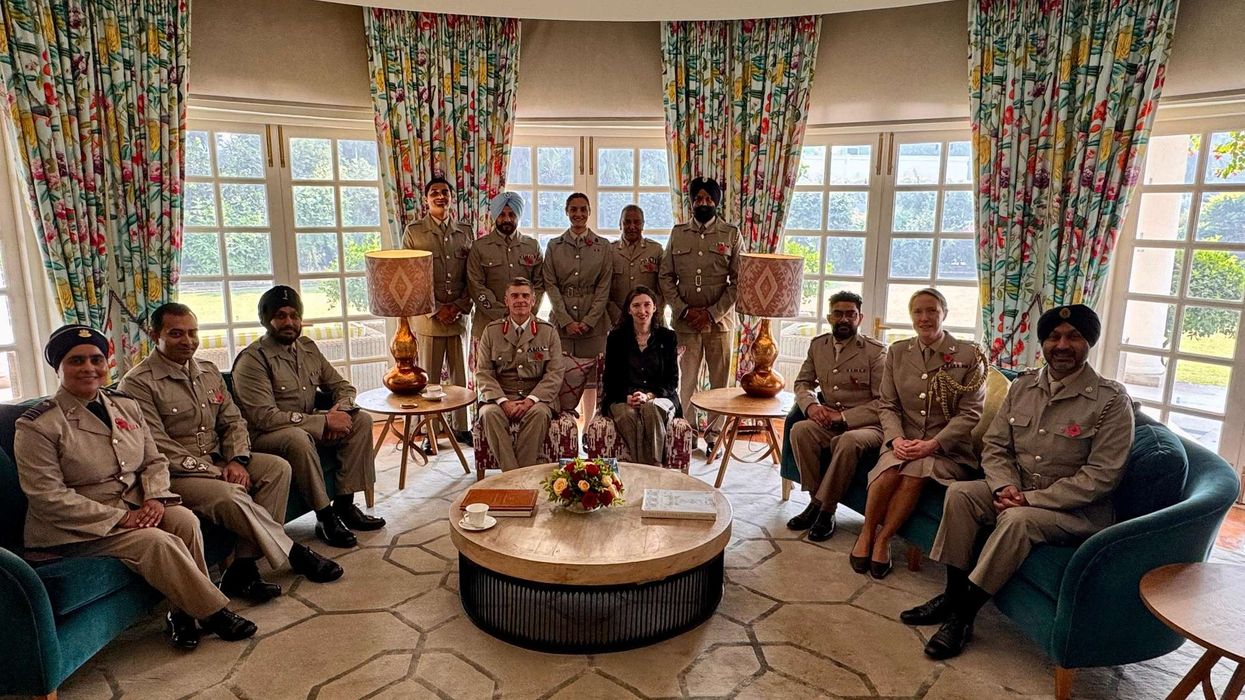
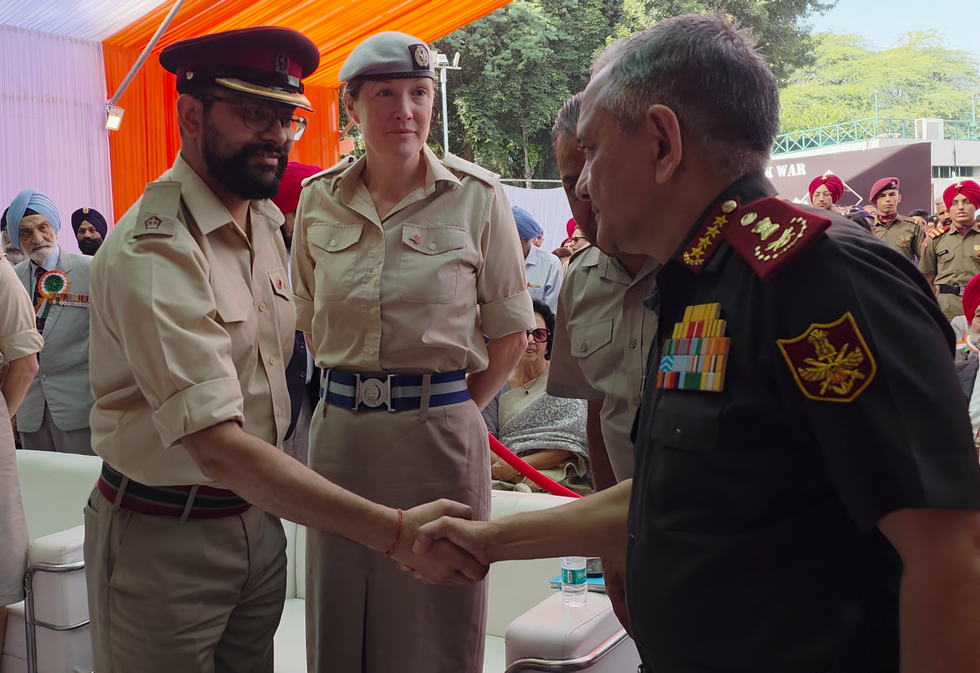
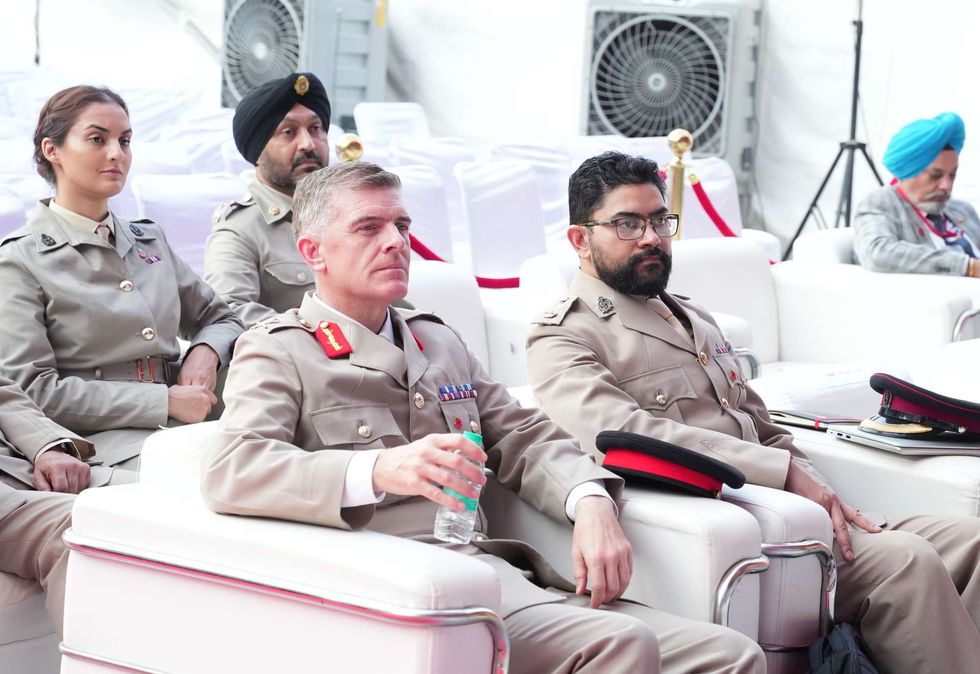
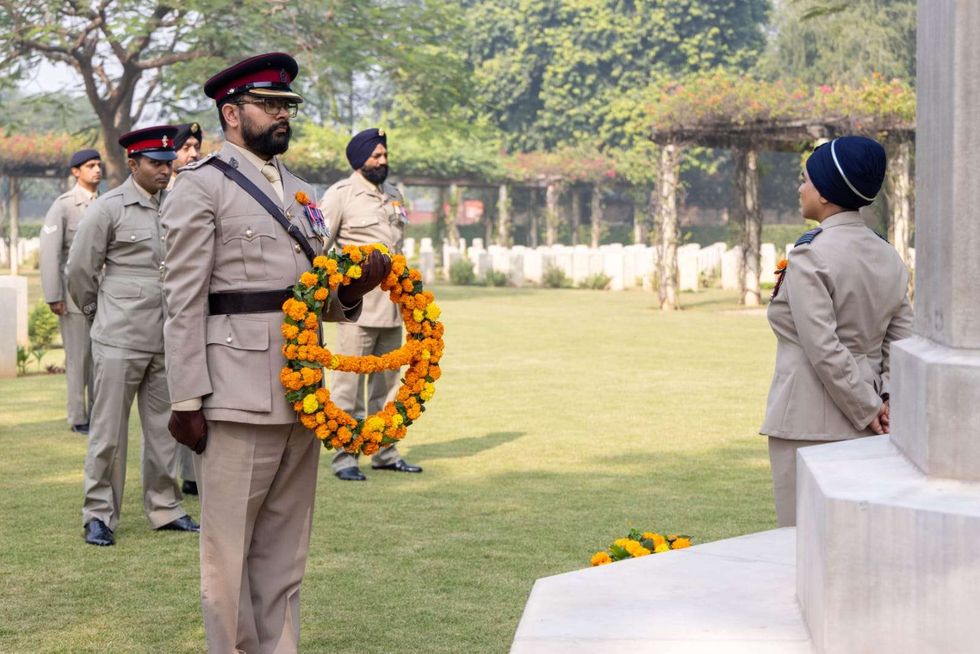
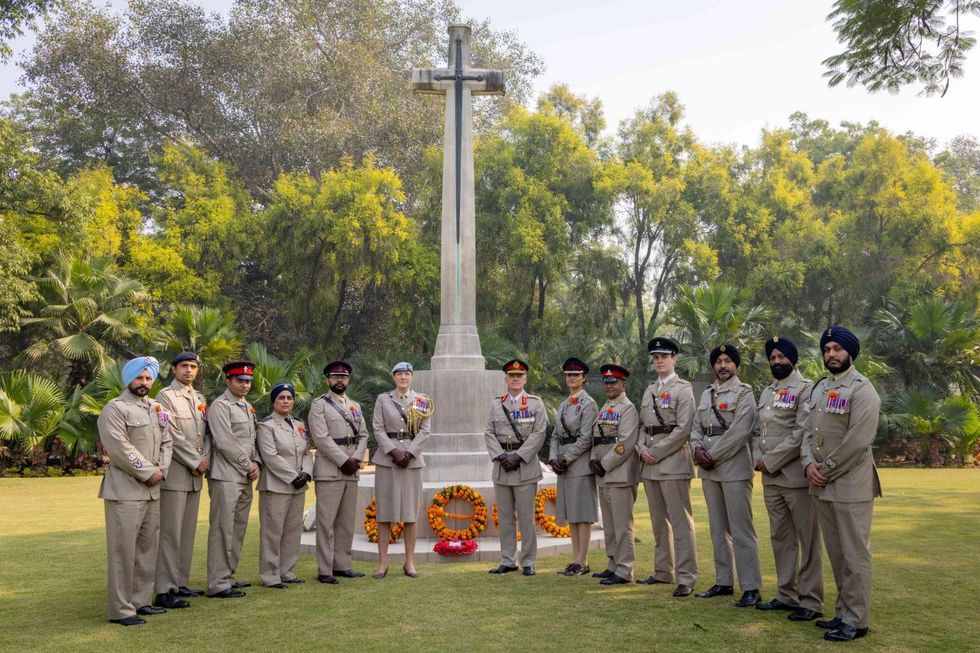
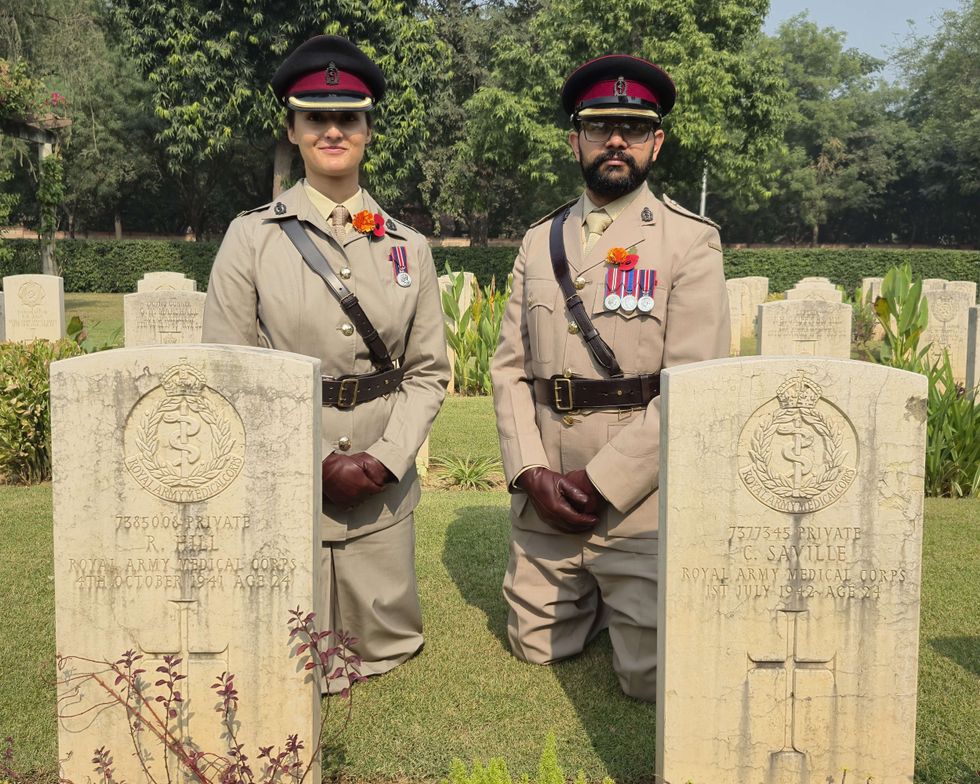







Barnie Choudhury: ACTAs provide perfect showcase for top Asian talent